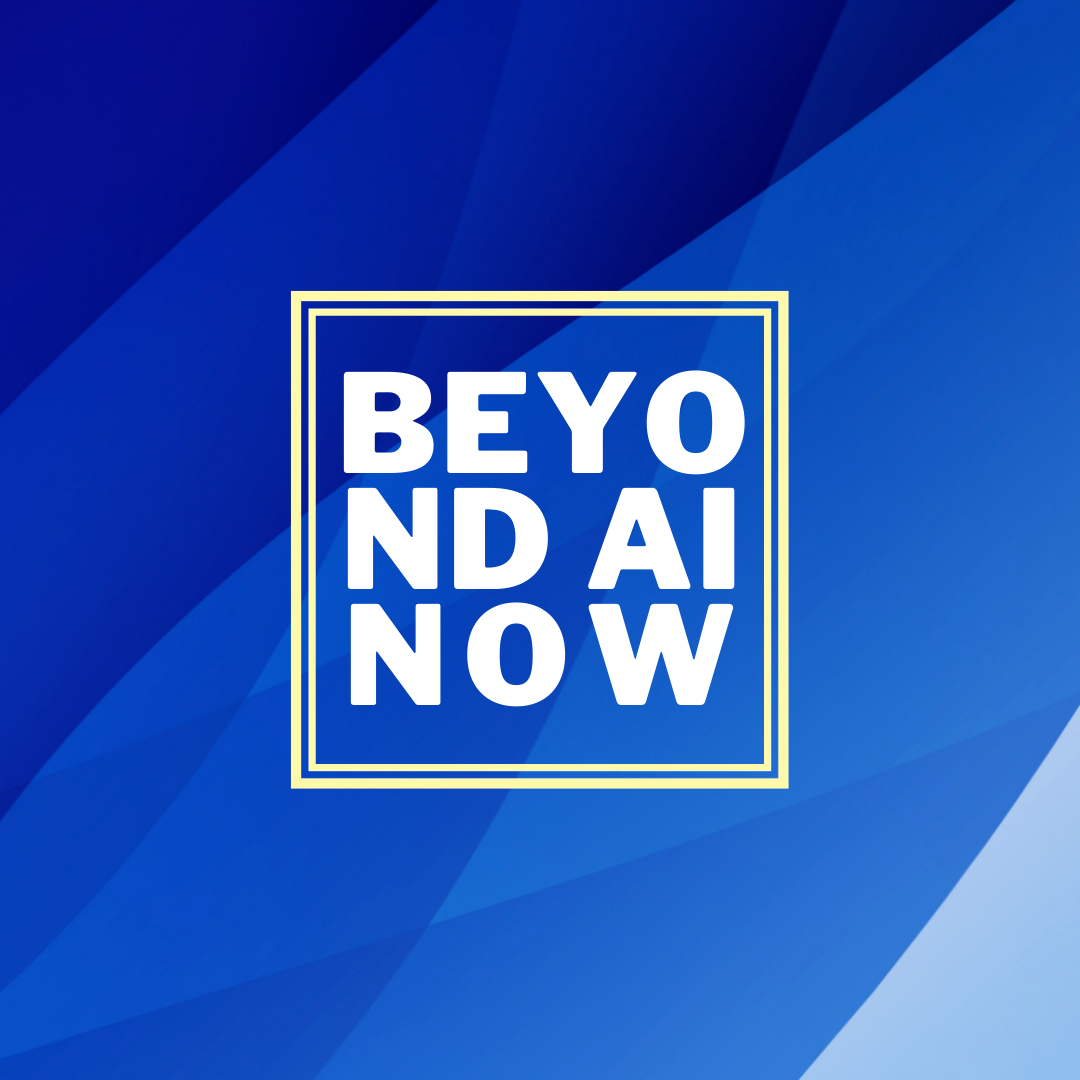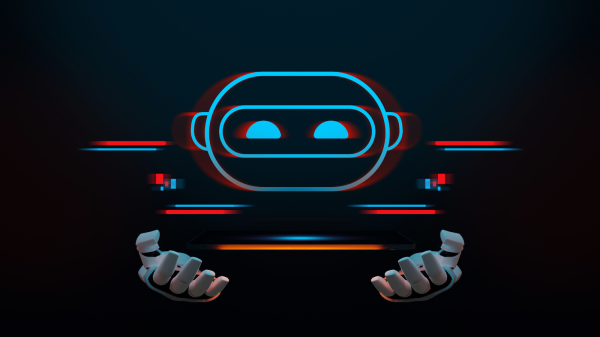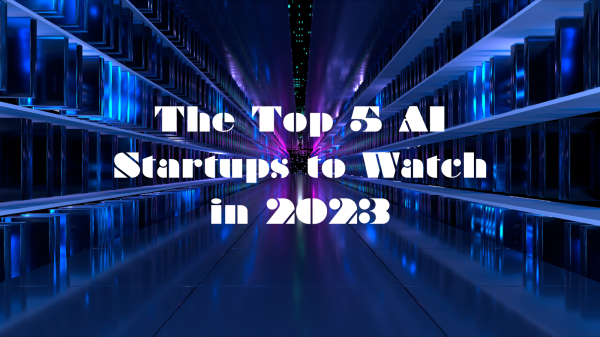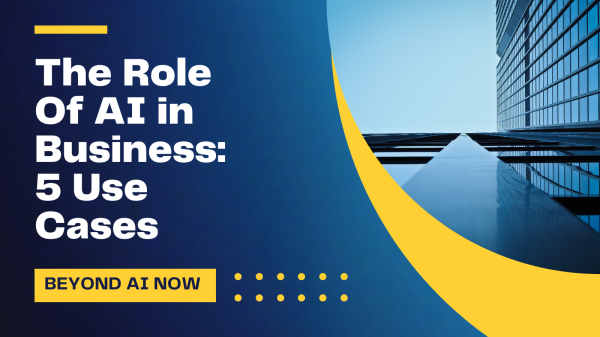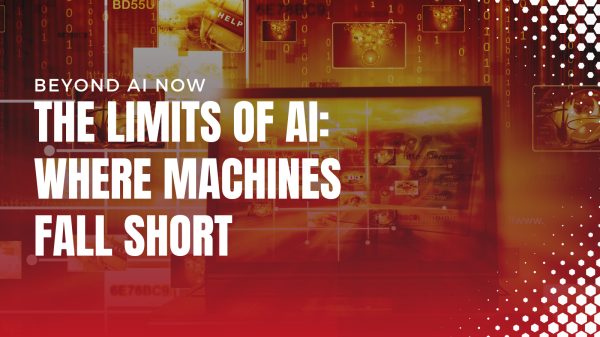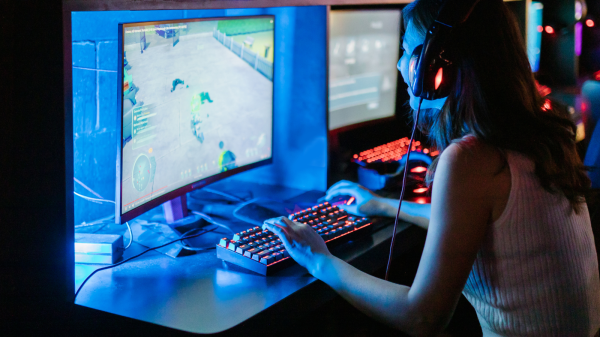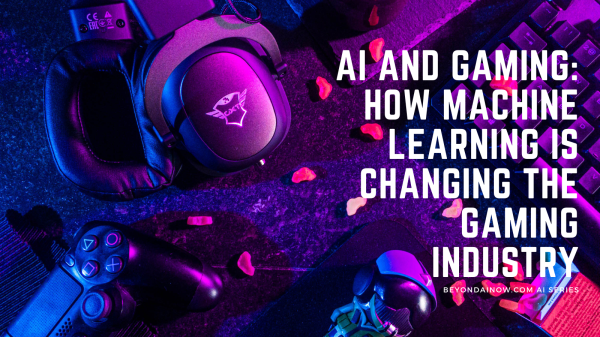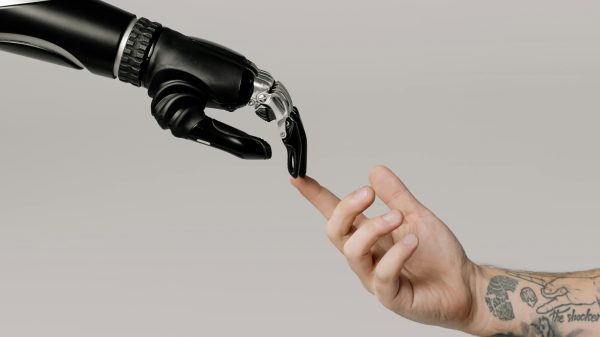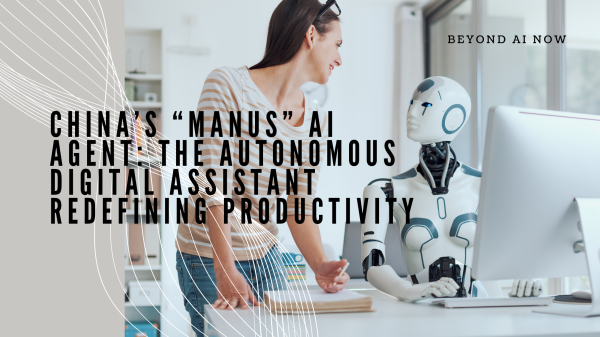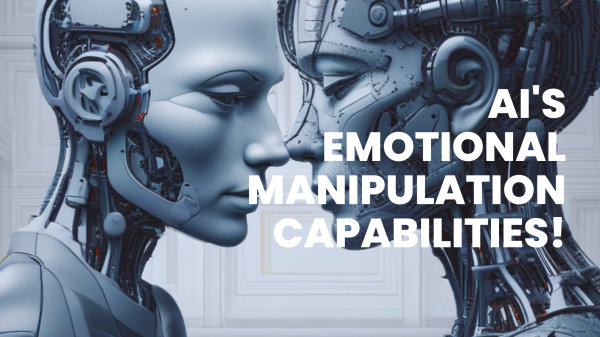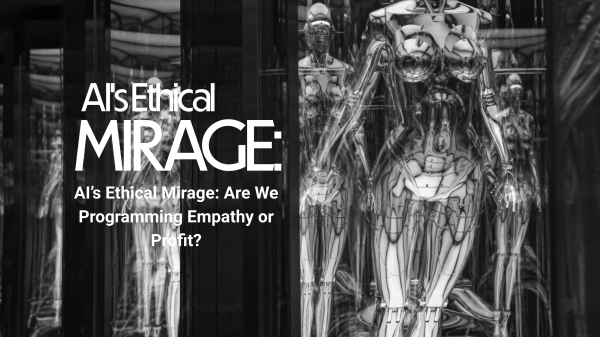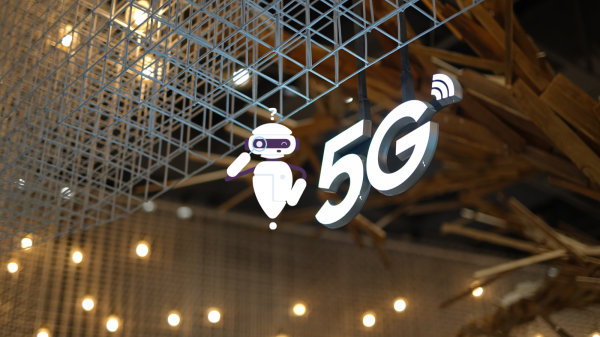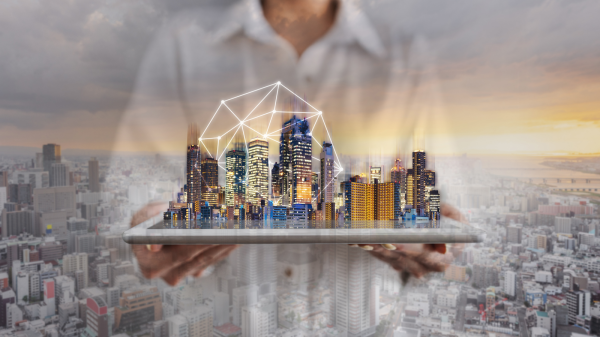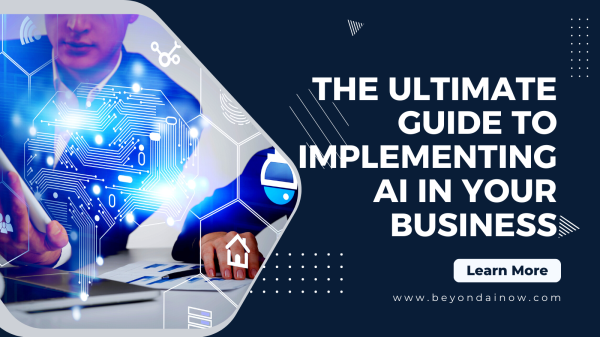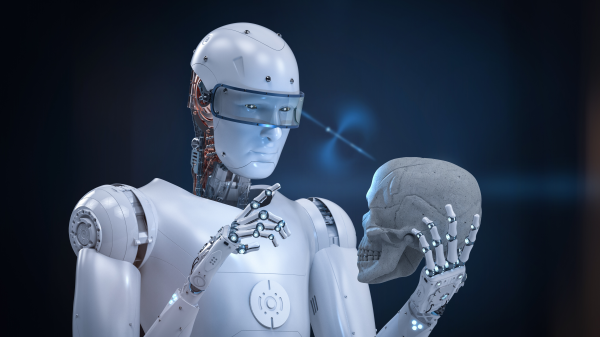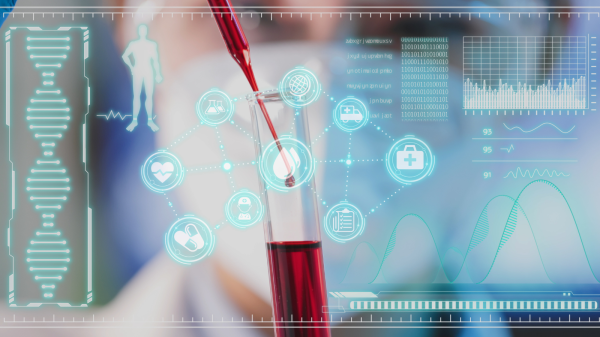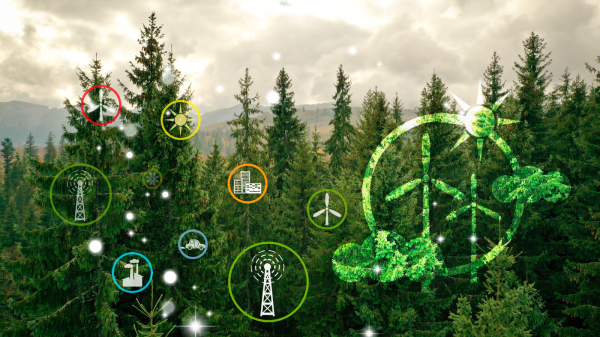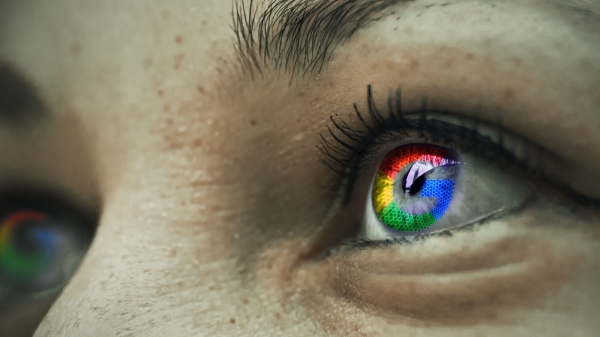Artificial Intelligence (AI) is changing the way we live, work and play. As the technology continues to advance, AI will become an increasingly important part of our daily lives. In this article, we will discuss some of the key trends that will shape the future of AI in the next ten years.
The Rise of AI-Powered Writing
The first AI-powered writer is likely to emerge in the next decade. AI will be able to write news articles, books, software, music, and poetry. While AI-powered writing is still in its infancy, it has already begun to show its potential in the field of journalism, where it can generate news articles on a variety of topics, from sports to politics. The technology is also being used in the creation of product descriptions and advertisements.
The Evolution of Robotics
Robots are becoming more advanced and autonomous. We can expect to see more robots in the workplace and at home as they become more affordable, useful and advanced. In the future, robots will become more than just tools; they will be companions that can interact with humans on a personal level. They will be able to assist us in our daily tasks and help us in times of need.
The Role of AI in Job Hunting
Artificial intelligence will make it easier for people to find jobs. With AI, job seekers will no longer need to search for job opportunities themselves, as there will be many available. Anyone who has difficulty finding employment or is interested in finding a new position will have the chance to do so with the help of AI.
The Emergence of Futurist Experts
As AI becomes more common and integrated into our daily lives, it will be necessary for companies to have experts who can help them make decisions about how to use it. Futurist experts will need a good understanding of AI and how it impacts the future to advise companies on their plans for implementing this technology. They will also need insight into how society might change as a result of these advances in technology so that they can advise companies on how their products could potentially fit into that world.
The Growth of the Internet of Things
The Internet of Things (IoT) is a network of physical objects that contain embedded technology to communicate and sense or interact with their internal states or the external environment. The IoT enables these devices to connect, collect data, and send it back to a central location where it can be analyzed by software. As more companies begin adopting these technologies for their products and services, consumers will start seeing them everywhere–in our homes, offices, and even in our clothing!

The Impact of Self-Driving Cars
Self-driving cars will have a significant impact on society. They will be safer than human drivers and dramatically reduce traffic accidents, which cause 1.25 million deaths per year worldwide. Self-driving vehicles can communicate with each other in real-time to avoid collisions or dangerous situations. With fewer people dying from car crashes every year, thanks to these new technologies, implemented across all cities worldwide, we can look forward to a safer and more efficient future.
The Rise of Automation
Robots will take over many jobs currently done by humans. They will be able to perform tasks that are too dangerous, too expensive or too boring for humans. This shift will have a profound impact on the job market, with many people having to find new careers as machines take over their old roles.
The Need for Improved Cybersecurity
As AI becomes more prevalent, cybersecurity will become increasingly important. With more devices connected to the internet, the number of potential avenues of attack grows. Cybersecurity will become an essential part of the job market, with more resources devoted to protecting our digital assets from cybercriminals.
Conclusion
In conclusion, the future of AI is undoubtedly exciting and full of potential. From self-driving cars to virtual assistants and beyond, AI is poised to transform the way we live, work, and interact with the world around us. As we’ve seen in this article, there are several key trends that are likely to shape the next ten years of this rapidly evolving field. As businesses and governments continue to invest in AI, it will be important to ensure that the benefits are shared fairly and that we remain vigilant about potential risks and challenges. By doing so, we can help ensure that the future of AI is one that is both innovative and responsible.
